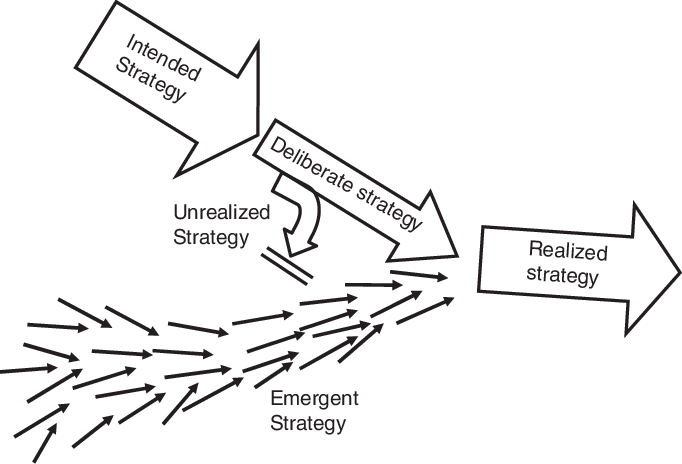Carbon Border Tax is Here. Opportunity or Threat? 🌍💰
Issue #10 of Top Picks in Strategy and Sustainability.
Hey Sustainability Roundup Fam! 🌍
Sustainability is no longer just a checkbox - it’s a strategic imperative. This week, global policy shifts, corporate innovations, and evolving reporting trends show that companies must act with foresight, agility, and impact-driven thinking. Let’s dive into the top stories shaping the sustainability landscape this week. 🌿
1. US, China and India push back on EU carbon border tax. 🌐
The EU’s Carbon Border Adjustment Mechanism is a tariff on imports based on their carbon emissions, aimed at preventing carbon leakage into the EU indirectly. It has been denounced by the US, China and India as protectionist and inequitable for emerging economies with limited decarbonization headroom. From January 1, 2026 importers will be required to buy and surrender carbon certificates. Strategically, CBAM represents a bold attempt to align trade and climate, but without diplomatic consensus it risks sparking retaliatory trade measures and undermining trust in global climate cooperation, leaving multinational firms exposed to both compliance and geopolitical risk.
The DOE issued a directive forbidding staff from using core environmental terminology including sustainable, decarbonization, and carbon footprint across public and internal communications. This signals a regression in federal climate discourse that may create uncertainty in clean energy markets, while critics warn it undermines scientific integrity and investor confidence.
3. Most companies say pressure for sustainability reporting increasing despite regulatory pullback. 📊
A PwC survey finds 66 percent of companies are ramping up sustainability reporting efforts even as some regulators soften disclosure rules. Driven by investor scrutiny, supply chain expectations, and reputational pressures, reporting is becoming a strategic imperative rather than just a compliance exercise, showing that market demands are now outpacing regulatory requirements.
Mintzberg’s “Intended vs Emergent vs Realized Strategy” is one of the sharpest lenses for understanding how sustainability strategy develops inside companies, not just what leaders plan, but what happens when reality intervenes. ♻️
It recognizes how planned ambitions (intended), adaptive responses to market realities (emergent), and real-world results (realized) together shape sustainability outcomes. A sustainability strategy evolves through three stages:
What a company plans? 📝
How it adapts? 🔄
What it finally delivers? 🎯
This lens directly addresses how shifting regulations, rising stakeholder expectations, and ongoing resource constraints demand not just top-down vision, but agile, iterative adjustment across the company.
Managers should: Define bold but clear sustainability goals → Continuously scan regulations, stakeholders, and resources → Adjust course quickly as new risks or opportunities arise → Anchor sustainability into daily decisions to ensure resilient, long-term execution.
Read how Helios turned 10 bold sustainability targets into 6 fully realized initiatives, showing how intended goals combined with emergent adaptations drove measurable impact across the company. Read more here.
Image: Mintzberg & Waters (1985)
How can waste become a strategic lever rather than a compliance burden? Watch how U.S. companies tackle regulatory, operational, and environmental pressures. ♻️
Smart waste strategy drives emissions cuts, resource efficiency, and circular innovation but only if sustainability is embedded into core operations, not treated as a side task. 🌐
Voters from last week, think prioritizing data-driven decision making enhances sustainability leadership by enabling informed, adaptive strategies. This outweighs focusing solely on short-term cost control or long-term advantage. Leaders should leverage analytics to reduce uncertainty and guide sustainable investments for greater impact. Read it here.
Missed our recent issues? Catch up anytime by reading our full archive here 📖.
That’s it for today’s roundup! We’ll see you next Thursday with another set of inspiring sustainability news and updates. Until then, take a moment to reflect on how you can adopt one new sustainable practice this week. Every small step counts! 🌍✨
Have any thoughts or a sustainable practice you'd like to share? Share your feedback here.
Together, we can make a difference. See you in the next edition of the Sustainability Roundup!









Thank you so much for sharing!